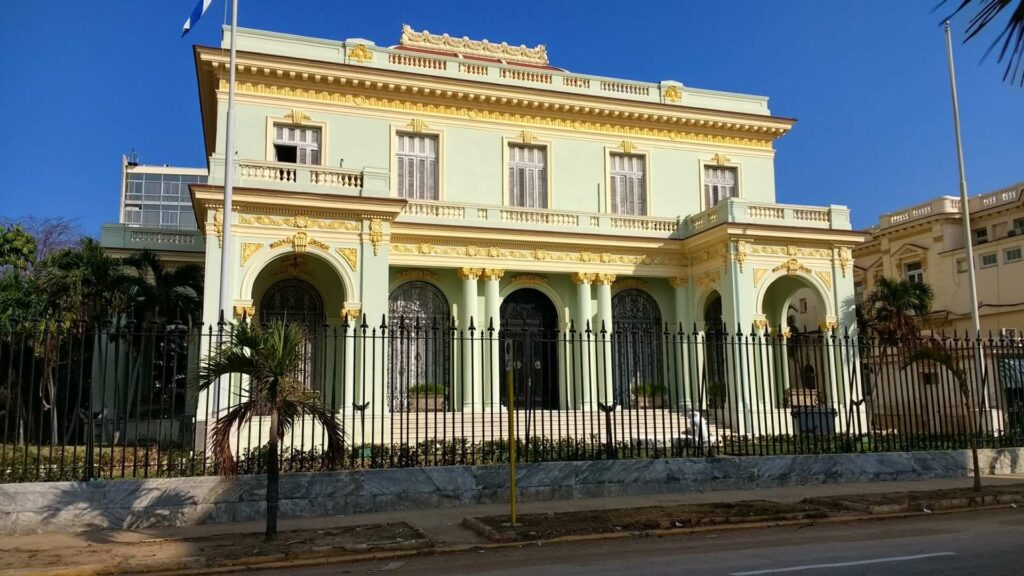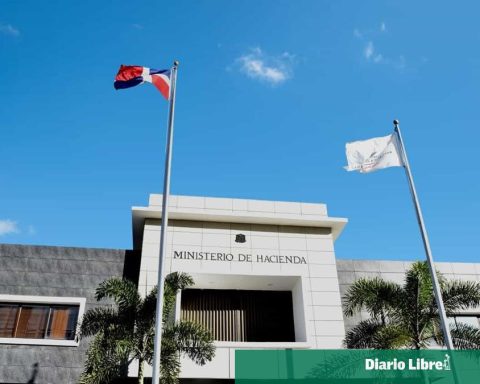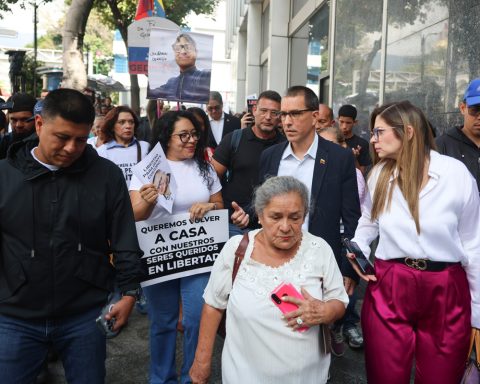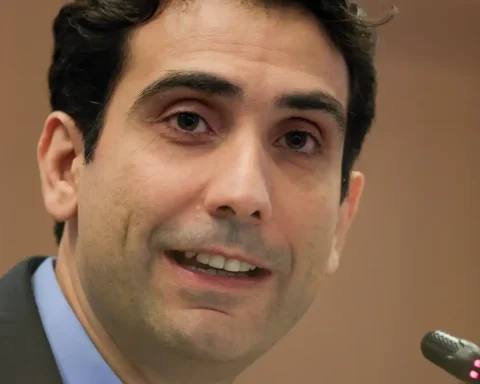Within the framework of COP 27, held in Egypt, and where the Colombian Government has established a presence, the Minister of Environment and Sustainable Development, Susana Muhamad, drew attention to the importance of mobilization of public and private investment resources to meet climate and biodiversity goals.
(See: Latin America’s commitment to the COP27 environmental summit).
Among the words given by the portfolio manager, the dialogue was opened on the bioeconomy and the financing of green products for the communities that inhabit strategic ecosystems in Colombia.
Figures from the Minambiente show that, currently, There are 4,162 verified green businesses in the country in 750 municipalities. In turn, 1,005 of these are part of the jurisdiction of the municipalities with the Development Program with a Territorial Approach (Pdet).
(See: Why talk about Sustainability in the country, answers Corficolombiana).
According to the ministry, to date these businesses have reported annual sales of $933,004 million and have at least 78,392 associates. Thus, the implementation of these businesses, according to the portfolio, generates 48,052 jobs, of which 55.9% are men (26,881) and 44.1% belong to women (21,171).
“It is vital to keep the social and environmental agreement with the communities alive, this means looking beyond investing in Colombia through an abstract concept of biodiversity, financing will allow us to achieve the objectives we have in the framework of public policies”, said the minister.
Before the speech based on the bioeconomy, Alejandro Useche, professor at the Universidad del Rosario, explained that this aspect is based on the development of businesses from natural wealth, taking into account that Colombia It has a biodiversity with potential for use for productive assets.
(See: Green economy, the most sacrificed in the recovery plans).
That is why, “Colombia is in the midst of a debate about changing the economic model, where they could find in the bioeconomy an alternative to gradually replace traditional production in non-renewable components with another type of production based on caring for nature.”, stated the academic.
In turn, Hernán Felipe Trujillo, a professor at the Catholic University, indicated that the bioeconomy is important given that Colombia has the commitment to reduce emissions, transferring to the economic sectors the transition processes to meet those objectives.
Regarding green businesses, he stated that, “it is expected that the concept of wealth in an economic sector is not only linked to increasing monetary values, but today the role of a company is to combine performance in all components, integrating the social and the environmental”.
(See: The importance of the green economy after the end of the pandemic).
The Minister of Environment and Sustainable Development of Colombia, Susana Muhamad.
financial initiatives
According to the minister, the current panorama reveals that financing for biodiversity must be strengthened. This is why, according to the Finance for Biodiversity (Biofin) initiative of the United Nations Development Program (UNDP), in Colombia 43% of public spending on biodiversity is executed at the central level, while the remaining 57% is executed locally. Likewise, it is estimated that by 2021, public spending on biodiversity represented 0.15% of GDP.
DIANA K. RODRIGUEZ T.
Journalist Portfolio
















